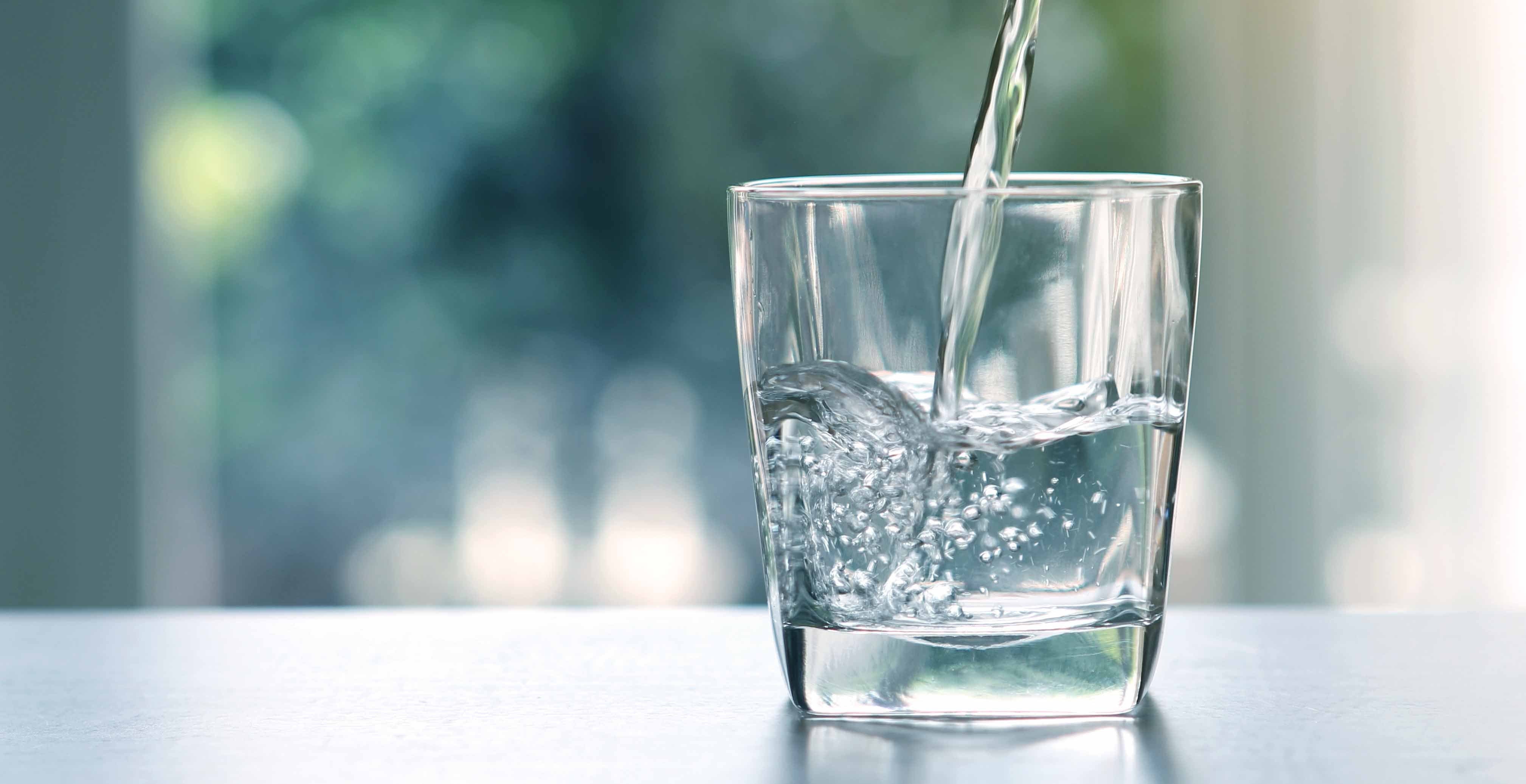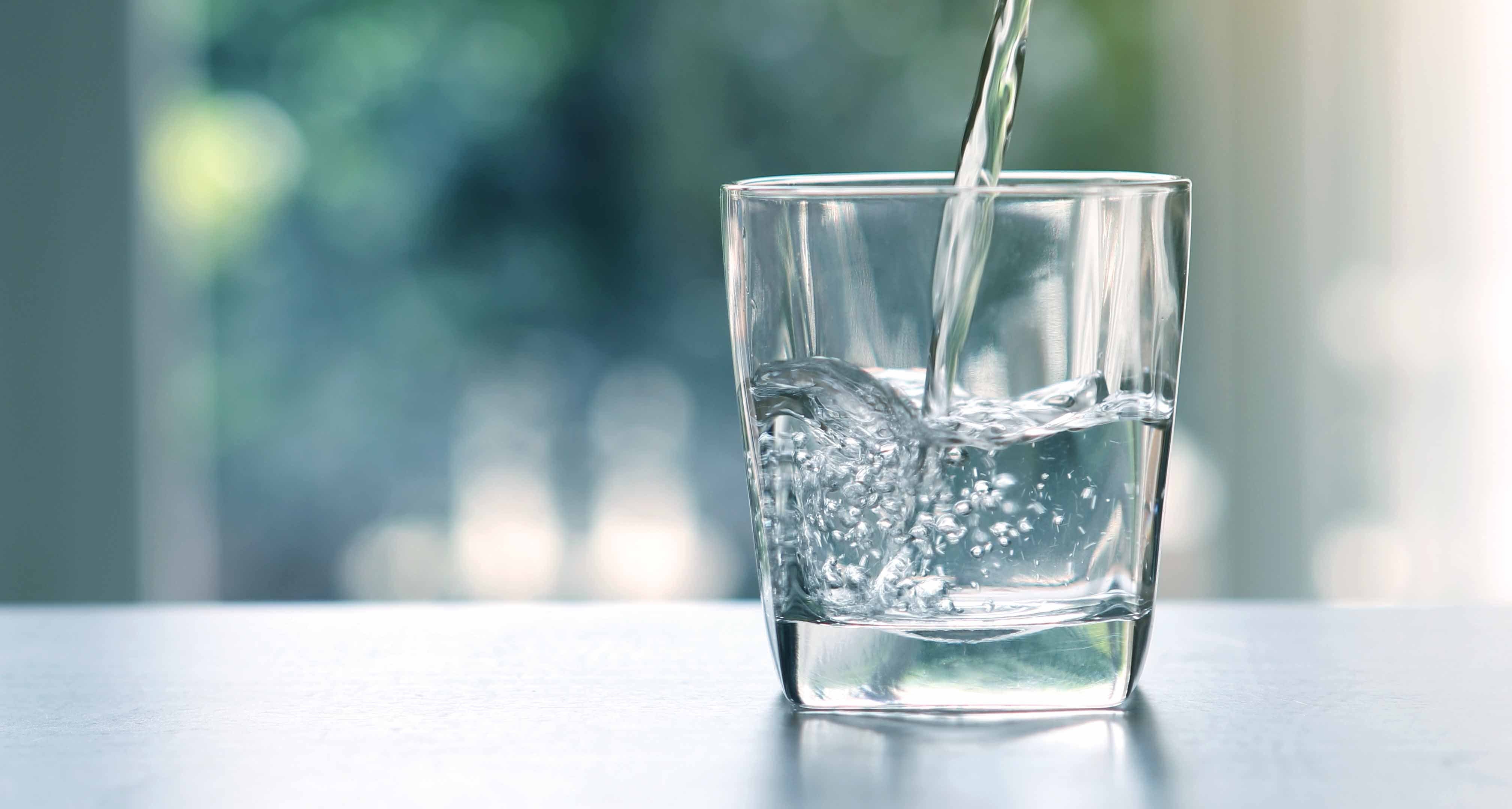

It’s surprisingly easy to not drink enough water, but it’s important to make a conscious effort to stay hydrated and not take H2O for granted.
“Water is the most essential macronutrient for human life and biological processes within our bodies,” says Stella Metsovas, author of Wild Mediterranean.
She recommends an easy self-test to check for dehydration: Pinch up about an inch of skin on the back of your hand to see how quickly it returns back to normal when you let go.
“The skin should spring back in milliseconds; anything longer is an indication of dehydration,” Metsovas says.
According to Dietitians of Canada, the amount of fluid we need each day depends on age, sex, activity level and the weather (note, while water is one of the best fluids we can consume, it’s not the only one that counts toward our hydration levels). On average though, men 19 years old and older should aim for three litres or 12 cups of fluid a day. Women in the same age bracket should shoot for a fluid intake of about 2.2 litres or nine cups a day.
Staying hydrated is important for maintaining normal bodily functions – everything from body temperature regulation, digestion and waste excretion, to keeping organs and joints protected and distributing nutrients.
Signs and symptoms that you may be mildly dehydrated include:
- thirst
- dry lips and mouth
- flushed skin
- tiredness
- irritability
- headache
- dizziness
- fainting
- low blood pressure
- increase in heart rate
- dark, strong smelling urine
To stay hydrated, follow these tips from Dietitians of Canada:
- Drink a glass of water when you wake up each morning or before you go to bed.
- Keep a fresh glass of water by your desk or on hand where you work.
- Carry a container of water with you throughout the day.
- Drink a glass of water before eating your meals.
- Make sure you have a drink with each meal such as a glass of low fat milk, soy beverage or water.
- Don’t ignore thirst. Drink water or another healthy drink when you feel thirsty.
